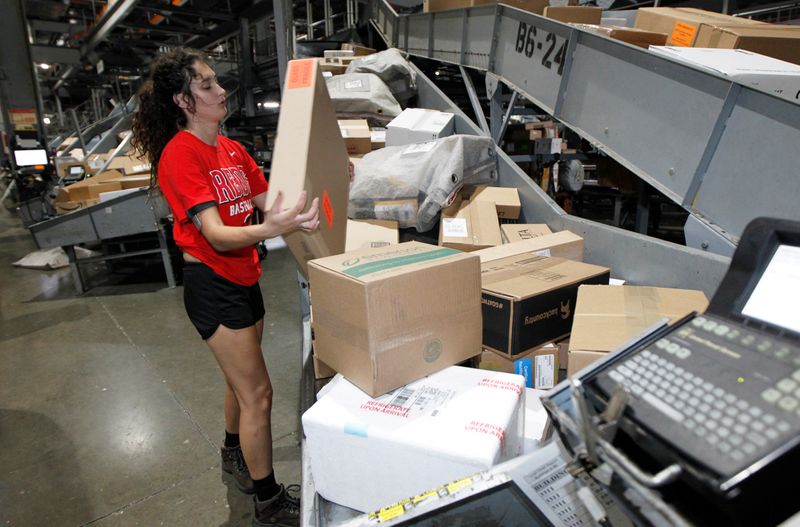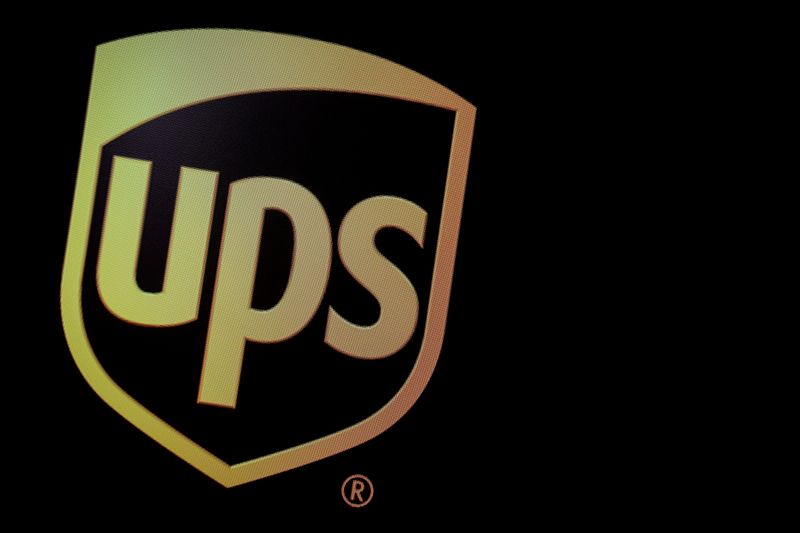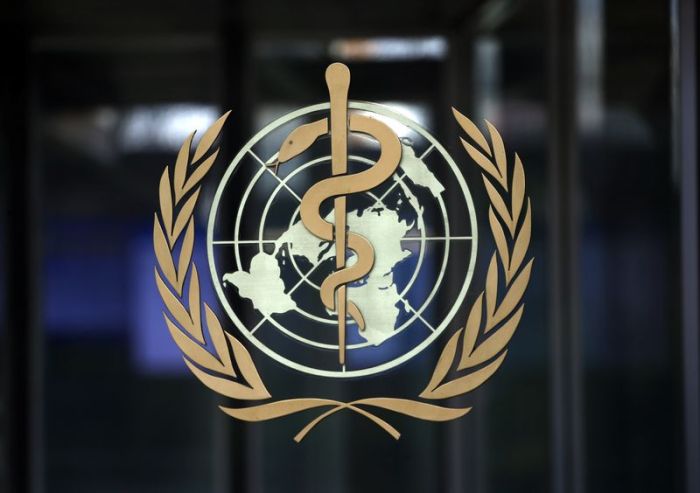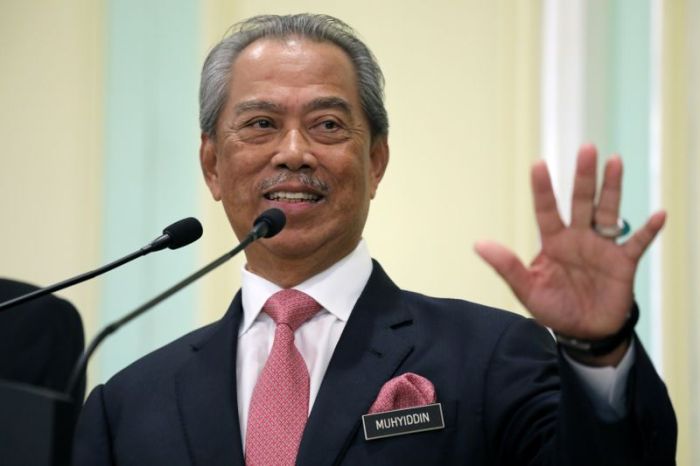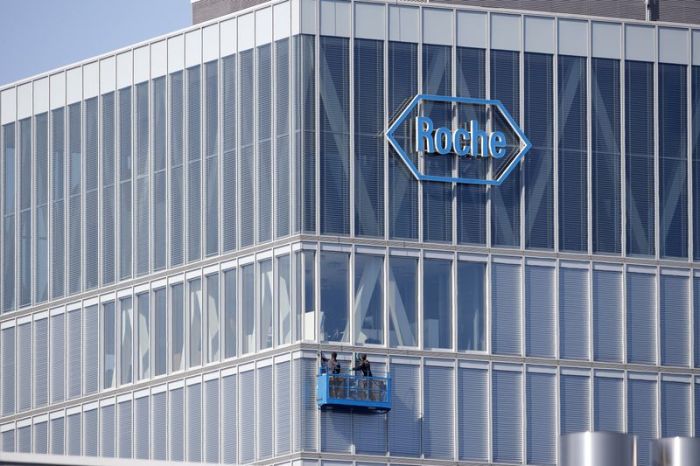(Reuters) – United Parcel Service Inc <UPS.N> exceeded analyst estimates for quarterly profit and revenue on Thursday as pandemic-fueled rises in lucrative healthcare and air shipments helped offset a margin squeeze from surging e-commerce home deliveries, sending shares up as much as 17.6%.
The novel coronavirus outbreak has disrupted operations at UPS and other large delivery firms – accelerating shipments of everything from face masks and medical equipment to food and furniture, while putting the brakes on profit-making shipments between businesses.
Atlanta-based UPS is raising prices, containing costs and focusing investment on projects that extend and speed up service as it manages economic uncertainty – particularly in the United States, where COVID-19 deaths are spiking, unemployment benefits could shrink, and a consequential presidential election looms in November.
“The fact that margins compressed so little on 65% growth in residential deliveries is encouraging,” Bernstein analyst David Vernon said.
UPS shares were up nearly 15% at $142.37, after earlier hitting a record high of $145.50. Shares in rival FedEx Corp <FDX.N> also benefited, gaining nearly 3%.
Average U.S. daily volumes jumped 22.8% to 21.1 million daily packages during the second quarter.
But that came at a cost. Dropping packages on residential doorsteps is less profitable than delivering to businesses, as it requires more truck miles and stops per route.
Amazon.com Inc <AMZN.O>, its largest customer and a rising logistics competitor, drove much of that growth.
UPS also grabbed more air cargo from Asia, in part due to rival FedEx Corp’s <FDX.N> split with Amazon last summer, and fetched sky-high rates for the service.
Net income rose 4.9% to $1.77 billion in the quarter, boosted in part by lower fuel prices. Earnings excluding items were $2.13 per share, beating analysts average estimate of $1.07 per share, according to IBES data from Refinitiv.
Revenue also outpaced Wall Street’s target, growing 13.4% to hit $20.46 billion.
In her first conference call since becoming chief executive at UPS on June 1, Carol Tomé said she would invest through the crisis to position the company for growth in the recovery.
Tomé, a long-time UPS director and former Home Depot Inc <HD.N> chief financial officer, is the first outsider to lead the more than 100-year-old company.
UPS faces ongoing margin pressure in its core domestic business and Nate Fischer, chief investment strategist at Strategic Wealth Partners, expects Tomé to wring out costs and attack challenges in new ways.
“She is the right CEO for this company,” he said.
(Reporting by Sanjana Shivdas in Bengaluru and Lisa Baertlein in Los Angeles; Editing by Bernadette Baum and Steve Orlofsky)

